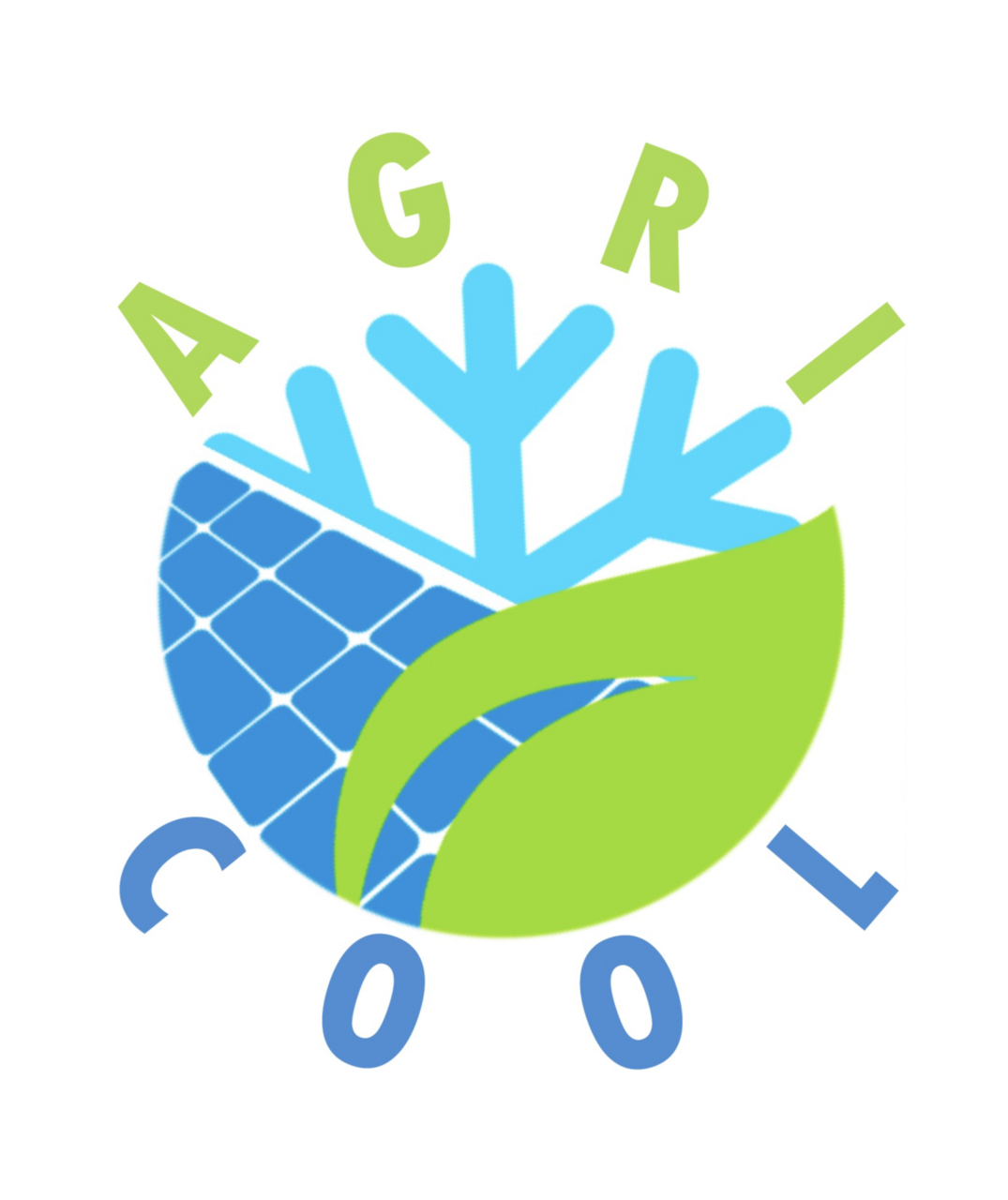AGRI-COOL

AGRI-COOL aims to empower African rural communities and industries by enhancing food security, reducing waste and fostering economic growth, while contributing to achieve African countries’ targets under the Paris Agreement. To achieve this, a containerised solution in which food can be stored and cooled will be sought
Objectives
- Reduce food losses and waste, and
- reduce the use of generators running on fossil fuels that are not climate-friendly.
To address these two problems, AGRI-COOL will:
- Build containers in which food can be stored and cooled. They will feature photovoltaic technology, thermal energy storage using phase change materials, chillers and smart control strategies.
- Test the containers in rural communities in South Africa; Cape Verde; Somalia; Zimbabwe.
- Conduct a life cycle assessment following the cradle-to-grave approach to demonstrate the system’s impact on the environment and Paris Agreement’s targets against competing approaches.
- Develop a comprehensive market and business strategy for the adoption of the system after the project.
- Develop training programmes for farmers, technicians, and engineers that are tailored to local conditions, to ensure that the system can be installed, operated, and maintained locally.
- Organise an advanced course for third-party engineers from various African countries on the design, customisation, and broader economic and social aspects of the system.
Project name: Advancing sustainable AGRIculture through off-grid energy and COOLing solutions in Africa (AGRI-COOL)
Funded by: Horizon Europe (European Commission)
Duration: 4 years (1st June 2024 – 31st May 2028)
Grant agreement ID: 101147102
Partners: see the fact sheet
As the Lead of the Work Packages "Stakeholders’ engagement, dissemination and outreach", the IIR’s role is to:
-
Raise interest in the AGRI-COOL project among stakeholders worldwide.
-
Enhance the visibility and documentation of the project’s components and objectives through diverse communication channels.
-
Demonstrate how external actors can benefit from the project’s innovations in their future research or commercial endeavours.
-
Engage key stakeholders and decision-makers in various African countries.
-
Facilitate knowledge and technology transfer.




